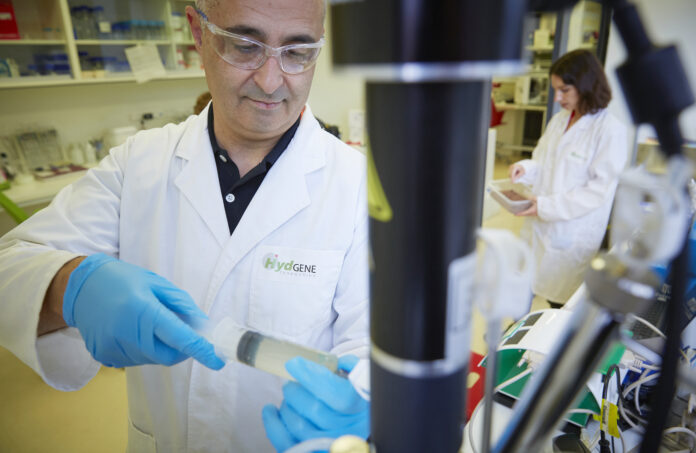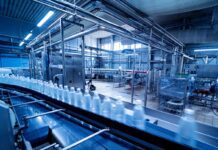
The Clean Energy Finance Corporation (CEFC) is investing in HydGene Renewables, a new Australian company that developed an alternative green hydrogen solution that converts biomass into hydrogen while remaining renewable and carbon negative.
The HydGene technique uses innovative biocatalysts to transform organic waste sugars into valuable hydrogen products, CEFC revealed in a media release.
The process takes place in HydGene-designed modular units, allowing for localised green hydrogen production in rural and isolated places where transportation costs can be considerable.
HydGene’s $6 million initial financing drew $2.5 million from lead investor Agronomics, a specialised UK investor, and was supported by a $2 million investment from the CEFC through the CEFC Clean Energy Innovation Fund.
The additional capital will be used to establish a pilot plant, expand the team, and carry out further research.
Based on genetically modified bacteria, the biocatalyst system engineered by HydGene efficiently converts biomass sugars into hydrogen gas – a system that is very versatile and may be scaled up or down to match demand.
CEFC CEO Ian Learmonth said the world is moving towards clean energy, and the clean hydrogen market has a clear possibility for expansion.
“The CEFC is pleased to be backing the exciting and innovative technology that HydGene is developing. This technology can be developed alongside electrolytic hydrogen to grow Australia’s green hydrogen industry as a critical factor in our net zero emissions economy of the future,” he explained.
Learmonth added that important legislative efforts, such as the Hydrogen Headstart program announced in the 2017 Federal Budget, will also play an important part in the development of Australia’s hydrogen energy sector as the nation transitions to a low-carbon economy.
Meanwhile, HydGene CEO and co-founder Dr Louise Brown thanked Agronomics, for its support in this round, saying, the company is “thrilled to have secured the backing of the CEFC as a strategic investor, bringing us one step closer to revolutionising the chemical manufacturing and energy industries.”
Brown also stated that HydGene’s technology not only prepares the path for the development and deployment of decentralised manufacturing hubs, but also significantly contributes to the global shift to a low-cost, environmentally friendly hydrogen economy.
Spun out of research begun at Macquarie University, HydGene has engineered bacteria to produce an innovative biocatalyst, converting sugars derived from biomass to hydrogen gas.



















